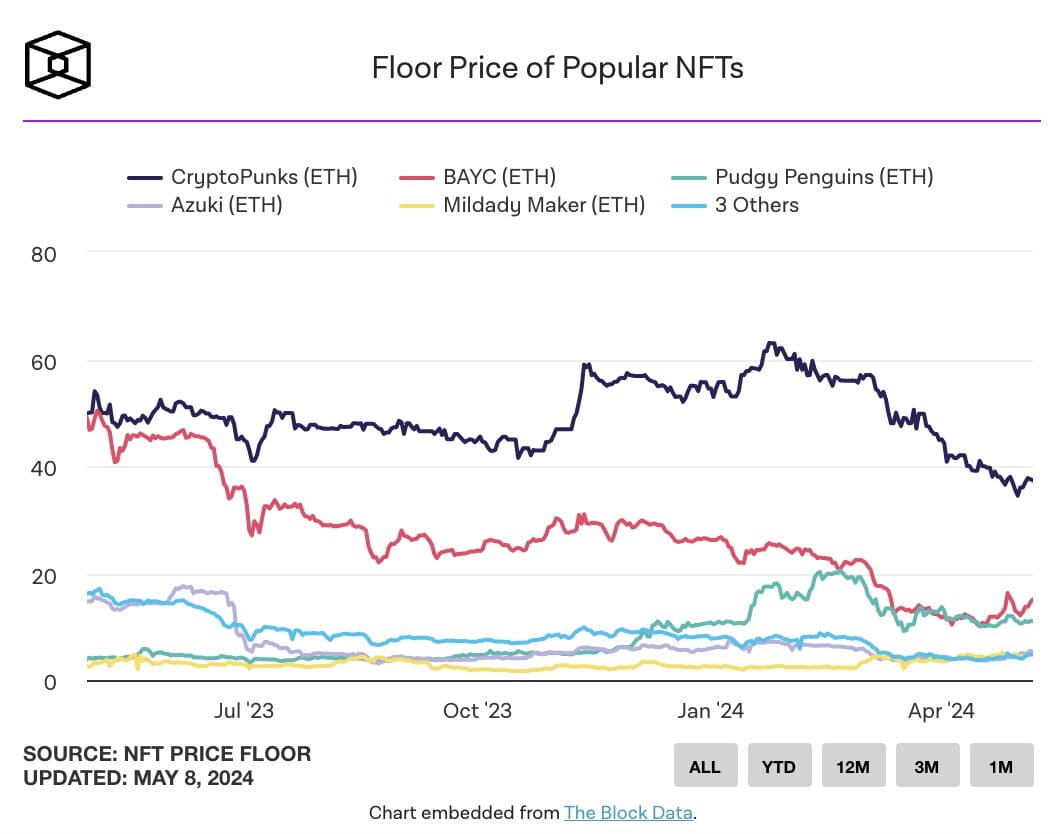ZackXBTA cryptographic investigator first noticed what was going on. It seems bored ape According to what investigators found, the owner was deceived by a phishing attack. Additionally, the wallet associated with this incident has previously been involved in other phishing scams. But we still don’t know exactly how this phishing attack occurred.
Phishing NFT Details
This incident was first reported by cryptocurrency investigator ZachXBT. The collector lost NFTs BAYC #7531, BAYC #6736, and BAYC #2100, totaling 54.8505 ETH, or $164,400. Further investigation using the Etherscan blockchain explorer revealed that wallets associated with BAYC NFT transactions had previously been involved in phishing scams. According to data from the large NFT marketplace OpenSea, #2100 is priced at 18 ETH ($54,000).
Each Phished Bored Ape NFT has unique characteristics, which contribute to their rarity and value. BAYC #7531 has the unique characteristic of white fur, a characteristic that only 4% of the 10,000 total NFTs have. Meanwhile, BAYC #6736 has a “little smile” feature, which is particularly rare and only occurs in 3% of the series. Finally, BAYC #2100 shows off a combination of features, including a boring pizza, a tie-dye shirt, a girl’s short hair, an eyepatch, gold earrings, and pink fur.

Despite the huge value of fishing NFTs, the overall base price of the Bored Ape Yacht Club series has experienced significant declines in recent months. According to The Block data dashboard, as of May 8, the floor price plummeted to 15.09 ETH. Despite this, the collection has maintained significant trading volume, with $13.3 million transacted between April 28 and May 5.
Phishing schemes continue to pose a pervasive threat in the digital realm. As the FBI highlights, these scams use deception techniques designed to trick individuals into revealing sensitive information to malicious actors.
Impact on the cryptocurrency community
The crypto community faces a serious problem with phishing attacks. Reports show that in 2023, cryptocurrency phishing attacks caused huge economic losses, with approximately US$300 million in losses and affecting more than 324,000 people. The largest single loss was US$24 million. Phishing scammers in the crypto world use different tactics, such as taking over project websites or social media accounts, distributing fake token airdrops, and spreading harmful links on social media.
Taken together, the tragic loss of three rare Bored Ape NFTs reminds us of the ongoing dangers of phishing scams in the digital world. As the cryptocurrency community grows, people are becoming more careful and using strong security to protect their assets from these unwanted activities.

